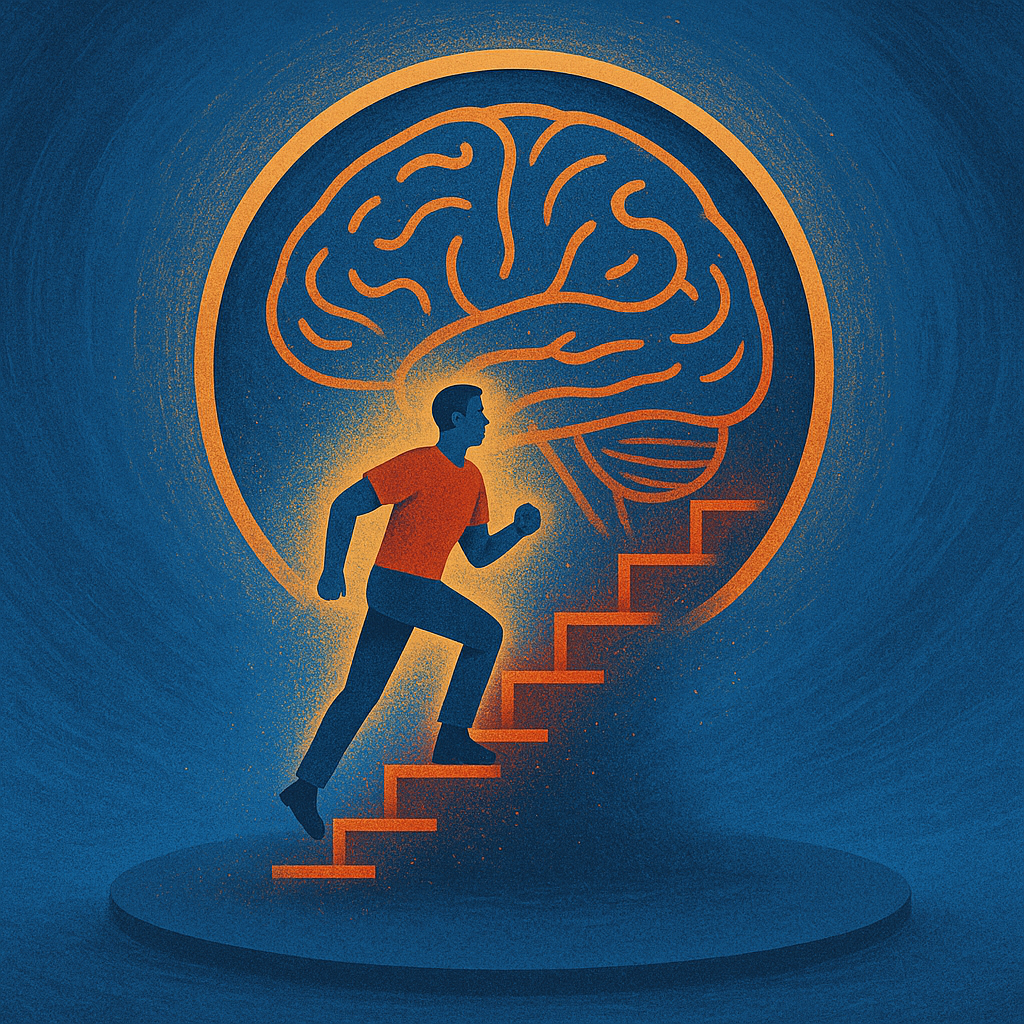
For decades discipline was framed as a test of willpower, something you either had or you didn’t. The newest research paints a very different picture. It shows that discipline is less about forcing yourself to do hard things and more about shaping the conditions that make those things natural, almost inevitable.
A 2024 review in behavioral science found that people who maintain long-term discipline tend to make fewer decisions in the moment. Instead, they set up cues in their environment, automate actions, and attach new behaviors to existing routines. In other words, they don’t wake up every morning debating whether to go for a run, their shoes are already by the door, their playlist is ready, and the run happens before the brain has a chance to negotiate.
Scientists now describe self-control as a process of value-based choice rather than a constant inner battle. When the desired option is easier, faster, and more visible than the alternative, we pick it more often. This makes small adjustments, like rearranging your workspace, setting digital reminders, or creating “if this, then that” triggers, incredibly powerful for building consistent habits.
Elite athletes often describe their discipline in ways that align with these findings. Michael Phelps, the most decorated Olympian of all time, once explained, “You can’t put a limit on anything. The more you dream, the farther you get. But those dreams only happen when you’ve built a routine that makes them part of your day without thinking about it.” His words echo the science: the less conscious effort each choice takes, the more sustainable it becomes.
Similarly, tennis champion Serena Williams has spoken about anchoring her practice schedule to familiar daily cues. “I don’t think about whether I want to practice. It’s just part of the day, like brushing my teeth.” That effortless framing is precisely what habit researchers now see as the hallmark of lasting discipline.
The most exciting part of this new understanding is that it removes the myth of discipline as a rare trait. It’s not a mysterious inner strength reserved for a few. It’s a set of skills and environmental designs that anyone can learn. With the right setup, discipline stops feeling like an uphill battle and starts to feel like the natural way forward.